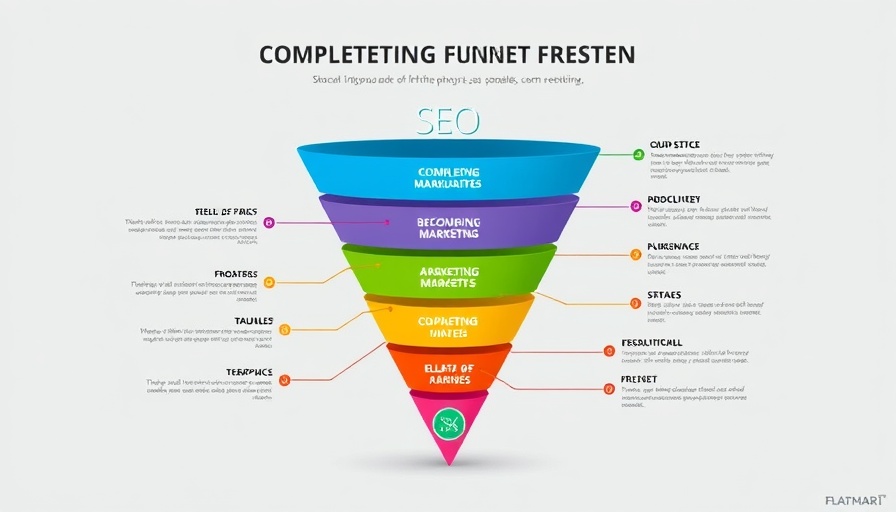
The Power of SEO in the Marketing Funnel
Search Engine Optimization (SEO) is more than a buzzword in the digital marketing lexicon—it’s a critical component that drives long-term traffic and conversions within the marketing funnel. As potential customers engage with your brand at various stages, SEO acts like a guiding light, directing them from awareness to purchase.
Understanding the Marketing Funnel Through SEO
The marketing funnel consists of several stages: awareness, interest, consideration, and conversion. SEO plays a pivotal role in each of these stages. For instance, during the awareness stage, effective keyword research and content optimization can help your business appear in search results when potential customers are seeking information related to your products or services.
Content marketing strategies, including the creation of relevant blog posts and videos optimized for search engines, help steer consumers into the top of the funnel. This initial engagement builds the foundation for brand trust and recognition.
Data-Driven Insights: The SEO Advantage
Let’s dive deeper into why SEO is essential for conversion. According to recent analytics and data reporting, businesses that utilize well-optimized content see a more significant ROI compared to those that rely solely on paid advertising. The organic traffic generated by SEO not only reduces marketing costs over time but also leads to higher quality leads that convert more often, which is vital for long-term success.
Latest SEO Updates and Their Implications
As digital marketers, staying updated on search engine algorithm updates is crucial. Key developments, such as Google’s algorithm shifts toward user experience optimization, necessitate an agile content strategy. Marketers who adapt quickly can capitalize on the shift towards mobile-first indexing and voice search optimization, ensuring their content remains visible and relevant.
From Clicks to Customers: Navigating Persuasion
One misconception about SEO is that it merely attracts clicks. However, beyond clicks, the focus should shift to customer engagement strategies that nurture these leads. By optimizing landing pages and enhancing the user experience, businesses can effectively convert traffic into sales. Techniques like A/B testing and conversion rate optimization strategies come into play here, helping marketers understand the nuances of their audience's behavior.
Capitalizing on User Engagement
The advent of AI in digital marketing offers exciting opportunities for converting leads into loyal customers. By leveraging customer journey mapping tools and marketing automation workflows, businesses can tailor interactions based on previous engagement, enhancing overall customer experience. Personalized content not only captures attention but also speaks directly to customer needs, driving conversions.
Embracing Emerging Digital Marketing Trends
Marketers must also keep an eye on the future of digital marketing trends—especially as we head towards 2025. Voice commerce strategies and augmented reality in advertising are not just trends; they represent innovative approaches to engaging customers. Furthermore, social media marketing trends continue to evolve, necessitating seamless integration between social platforms and SEO efforts for optimal reach.
Conclusion: Aligning SEO and Marketing Strategies
In conclusion, SEO is more than just an addition to your digital marketing toolkit; it is an integral part that completes the marketing funnel effectively. By focusing on long-term strategies, leveraging technical SEO best practices, and adapting to ongoing digital marketing trends, businesses can ultimately see the transformation of traffic into loyal customers.
 Add Row
Add Row  Add
Add 




Write A Comment